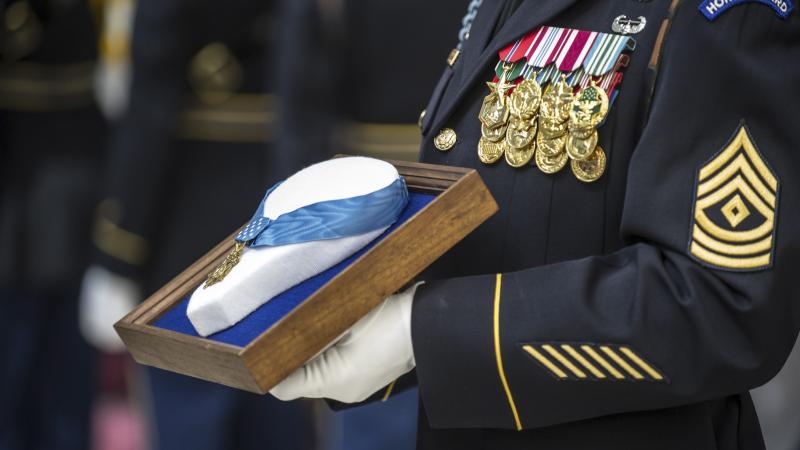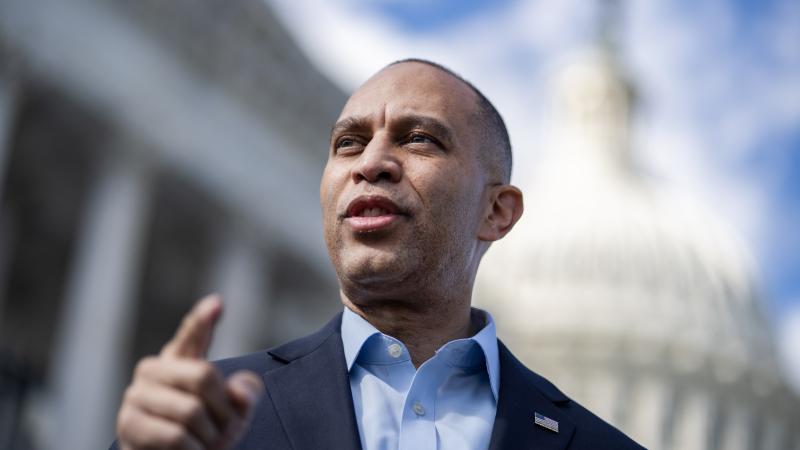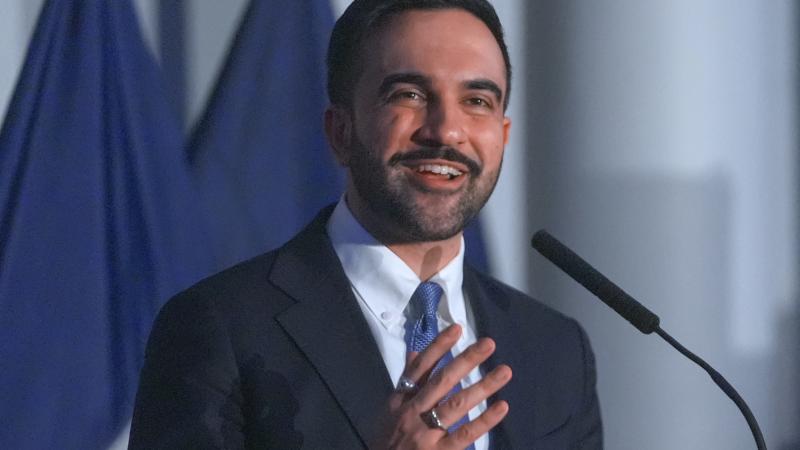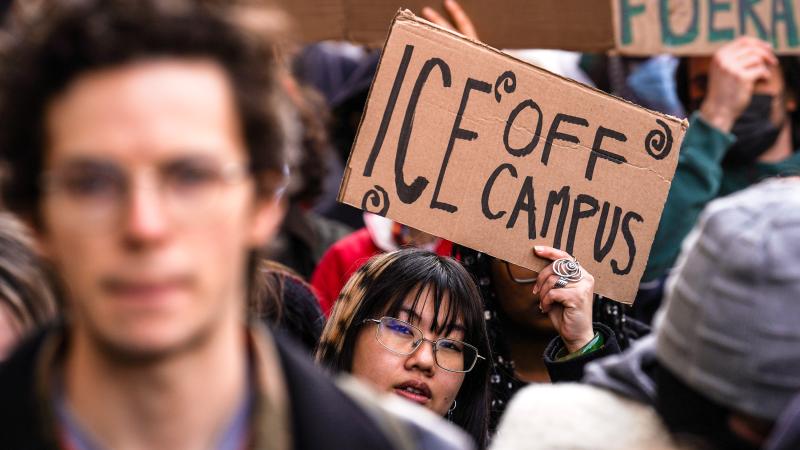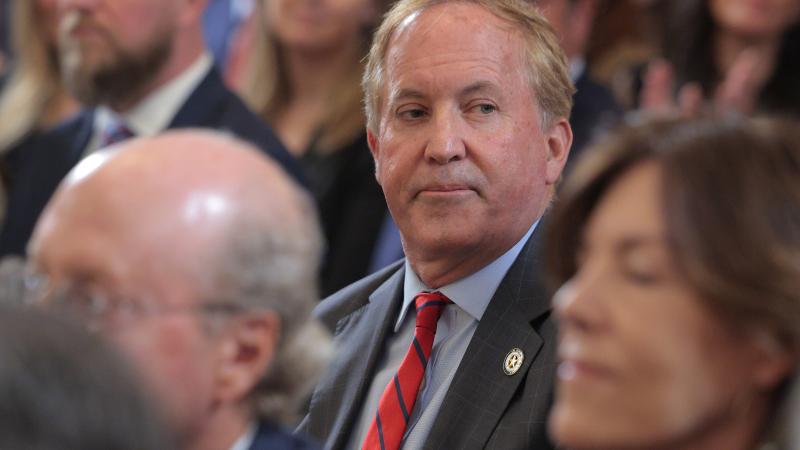Bah Hug-Bug: UN health agency’s advice for the holidays is to avoid hugging
"That is the brutal reality in places like the United States right now."
The World Health Organization has advice for people who gather with family and friends over the holiday season: Don’t hug anyone.
“The epidemic in the U.S. is punishing. It’s widespread,” Dr. Michael Ryan, WHO’s emergencies chief, said Monday. “It’s quite frankly, shocking, to see one to two persons a minute die in the U.S. – a country with a wonderful, strong health system (and) amazing technological capacities.”
According to Johns Hopkins University, the U.S. has recorded more than 280,000 coronavirus deaths to date.
“It’s a horrible thing to think that we would be here as the World Health Organization saying to people, ‘Don’t hug each other.’ It’s terrible," Ryan said. "That is the brutal reality in places like the United States right now."
The WHO's technical lead for COVID-19, Maria Van Kerkhove, said Monday that gatherings spread the virus.
"What we know is most transmission is happening among people who tend to spend a lot of time together," she said. "If you're hugging someone, if you're kissing someone, if you're caring for someone, especially if they're sick, those are all really important."
Dr. Kate O’Brien, WHO’s director of vaccines, also warned that “having vaccines is not going to be a switch” that will immediately end the pandemic.
Three vaccines are currently in the works. Biotech firm Moderna on Nov. 30 moved to win emergency use authorization from the Food and Drug Administration for its experimental COVID-19 vaccine.
Moderna is the second pharmaceutical company to request an EUA after Pfizer filed their application on Nov. 20.
The FDA on Tuesday released a report that stated Pfizer's vaccine meets efficacy and safety stands, which could result in emergency-use approval within days.
Moderna said its data showed their vaccine was 94.1% effective in its late-stage clinical trial, just under Pfizer’s efficacy rate of 95%. The Moderna vaccine was developed in conjunction with the Trump administration’s Operation Warp Speed.
A key advantage of Moderna’s vaccine is that it does not need sub-zero storage like Pfizer’s, which needs to be stored at -94 degrees.
A third vaccine is also in the pipeline. AstraZeneca and Oxford University on Nov. 23 said their jointly created COVID-19 vaccine has proven to be up to 90% effective and the makers claims will be easier to distribute.
The CDC's Advisory Committee on Immunization Practices (ACIP) on Dec. 2 voted to direct that healthcare workers and residents of long-term care facilities will be the first to get the shots in the initial rollout, once federal regulators authorize use of a vaccine. The recommendation was approved CDC Director Robert Redfield, but governors will eventually have the final say on who gets the vaccine first.
The FDA’s vaccine advisory committee is set to meet Dec. 17 to review data from the two other companies.




